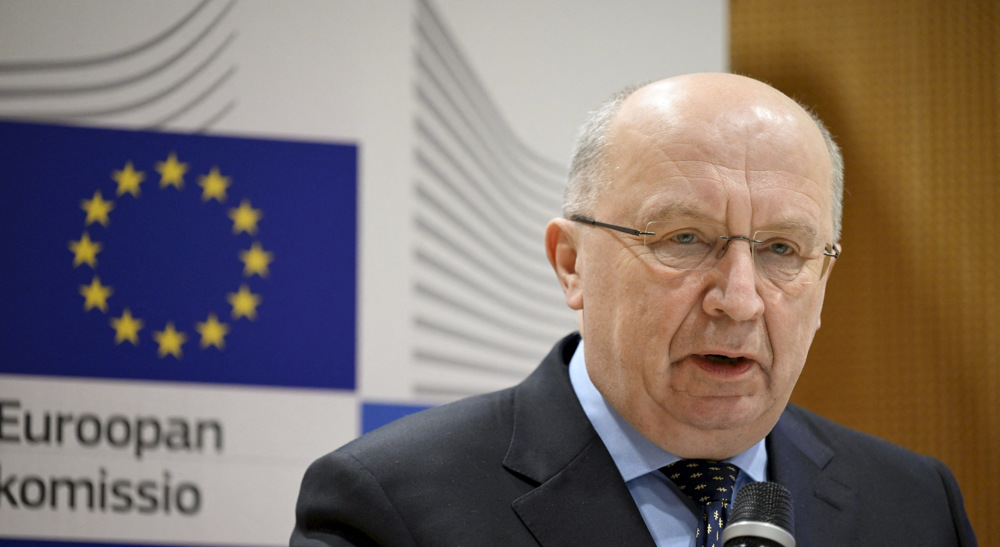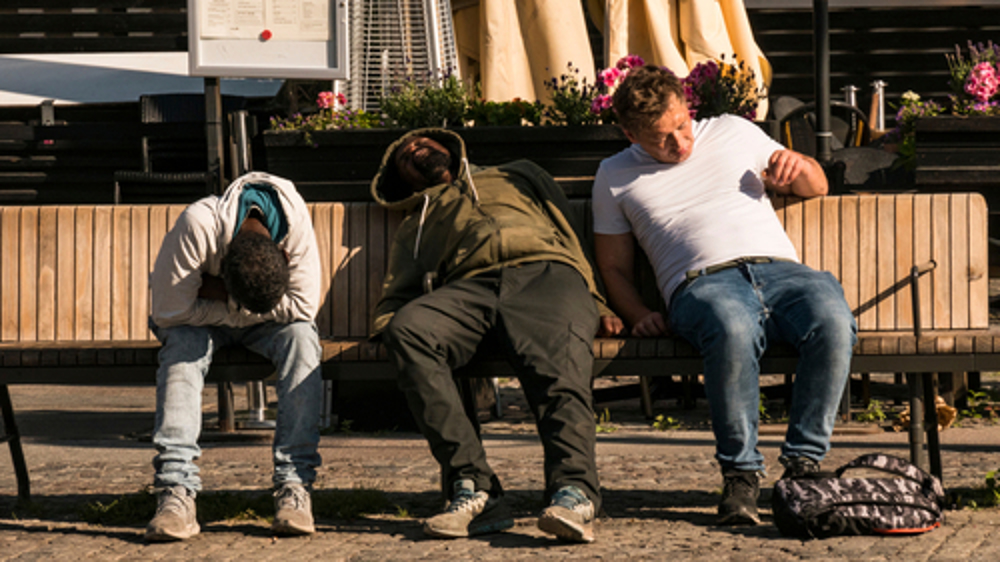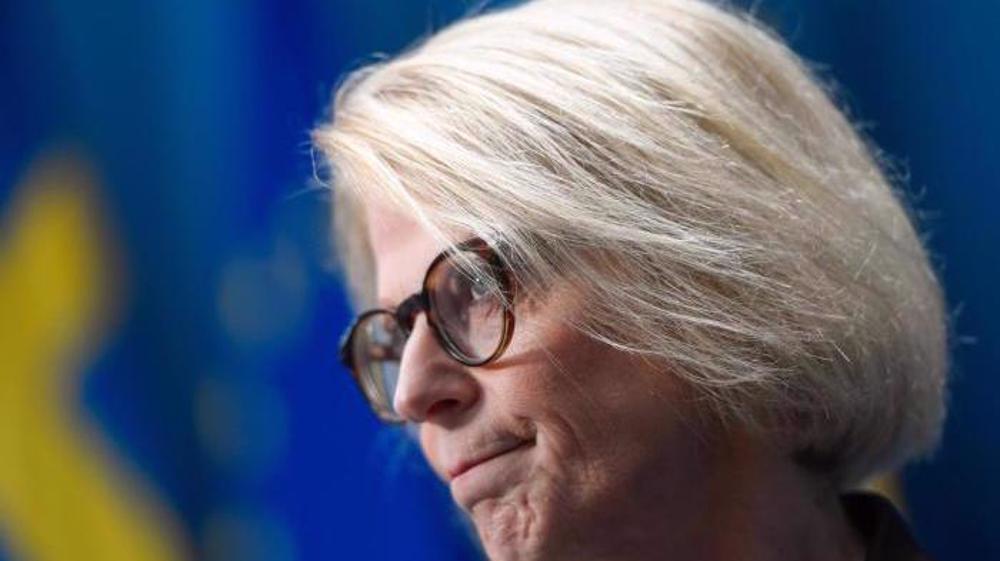Sweden grapples with 'poverty problem' amid soaring food, energy prices: Report
Sweden, a Scandinavian nation famous for its generous welfare system and abundant green energy resources, is grappling with a poverty problem as food and energy prices surge across Europe, according to a new report.
“Sweden also has a poverty problem,” a report in the Guardian cited Johan Rindevall, director of Matmissionen, a chain of social supermarkets in the country that sells food to its registered members with a monthly income of less than 11,200 kronor (roughly £880) in pay or benefits at rock-bottom prices.
“We may not talk about it much, but it’s there – and it’s absolutely got worse this year,” Rindevall noted, adding that the number of registered members at supermarkets has more than doubled since January, exceeding 14,700 by the end of October.
Despite being abundant in green energy, with over 75 percent of its electricity coming from hydropower, nuclear, and wind, Sweden has not escaped the continent-wide energy price impact of the war in Ukraine, with electricity bills in some cases doubling and hitting household incomes.
“Inflation at these rates means we’re seeing many, many more people than ever before. Some have started coming in saying they don’t qualify as members, but can’t afford to buy the food they need anywhere else,” he said.
The gap between rich and poor in Sweden has widened as the country's welfare system has been steadily cut back in recent years, leaving more people vulnerable to inflation that has averaged about 8 percent this fall.
According to the Guardian report, over 14 percent of the country's population is estimated to be in relative poverty, defined as living on 60 percent or less of the median income this year.

EU weighting new aid package to Ukraine ‘to show support’ amid rift with US

Spain remains 'major transit port' for arms shipments to Israel

Egypt, Spain reaffirm opposition to US plan to displace Palestinians
Netanyahu: Israel won't allow Hayat Tahrir al-Sham forces in southern Syria
Hezbollah leaders’ historic funeral showed resistance strength: Islamic Jihad
Iran reports surge in air traffic as Austrian, Lufthansa resume flights
VIDEO | South Africans set to lobby government to isolate Israel
IRGC chief: Nasrallah decisive figure in regional equations with global dimensions
VIDEO | Press TV's News Headlines
Netanyahu's son 'exiled abroad for hitting his father': Knesset member
Iran money supply up 28.4% y/y in late January: CBI








 This makes it easy to access the Press TV website
This makes it easy to access the Press TV website